Diwali or Deepavali is the Hindu festival of lights and also a major holiday that I have grown up celebrating every year in October/November according to the Lunar Calendar. One of the ancient and most popular festivals of Hinduism, it signifies the victory of light over darkness and good over evil among a few other things.
Ideally, Diwali celebrations in India include millions of lights shining on housetops, outside doors and windows, around temples and other buildings. The festival preparations and rituals typically extend over a five-day period, with people cleaning, renovating and decorating their homes and offices. On the actual Diwali night, people dress up in new clothes or their best outfit, light up diyas (lamps and candles) inside and outside their homes and participate in family pujas (prayers) typically to Goddess Lakshmi – the goddess of wealth and prosperity.
Apart from the pujas, huge part of the celebrations include fireworks, family feasts including mithai (sweets), and an exchange of gifts/sweets between family members, close friends and neighbours, along with preparing colorful Rangolis (traditional art form made with coloured rice or sand/flour/flower petals). When I say fireworks, these just don’t include the fireworks in the sky that we see in the western world, but hundreds of varieties that are used by all age groups to enjoy on the night. So Diwali for sure marks a time for shopping – shopping of clothes, jewelry, sweets, gifts and yes of course the fireworks!
Although many parts of India have a local touch added to the celebrations, but ideally the festival starts with celebrating Dhanteras (Lakshmi Puja and gold shopping) on the first day with the actual Diwali celebrated on the third day, ending with Bhai Dooj (a day for brothers and sisters to celebrate their bond) on the fifth day.
In the states of West Bengal (where I grew up), Odisha and Assam in eastern India, people worship Goddess Kali – the goddess of time, doomsday and death on the second night of Diwali, while in southern India many relate Diwali to Lord Krishna along with Goddess Lakshmi.
On the same night that Hindus celebrate Diwali, Jains celebrate a festival also called Diwali to mark the attainment of moksha (enlightenment) by Lord Mahavira, Sikhs celebrate Bandi Chhor Divas to mark the release of Guru Hargobind from a Mughal Empire prison, and some Buddhists, celebrate Diwali by worshipping Lakshmi.
During recent years we have seen many countries around the world celebrating Diwali while embracing the ever expanding Indian diaspora through various forms of celebrations including lighting up of significant buildings and structures. In Australia itself we have seen the Sydney Opera House being lit up to celebrate Diwali, along with the Melbourne Star (ferrous wheel) being lit up in Indian tri-colours this year.
Our club stepped in to celebrate the Diwali celebrations this year by attending the festival organized by Celebrate India at federation Square in Melbourne last weekend and a special cultural awareness session for all staff at the club by celebrating Diwali at the club with Rangoli, lamps and sweets.
Must mention in the end that the festival is not just celebrated in India but is an official holiday in countries like Fiji, Guyana, Malaysia, Mauritius, Nepal, Singapore, Sri Lanka, Suriname, Trinidad and Tobago, and recently the Sindh Province in Pakistan as well. Guess the time might be near when Australia celebrates a Diwali Holiday as well?


